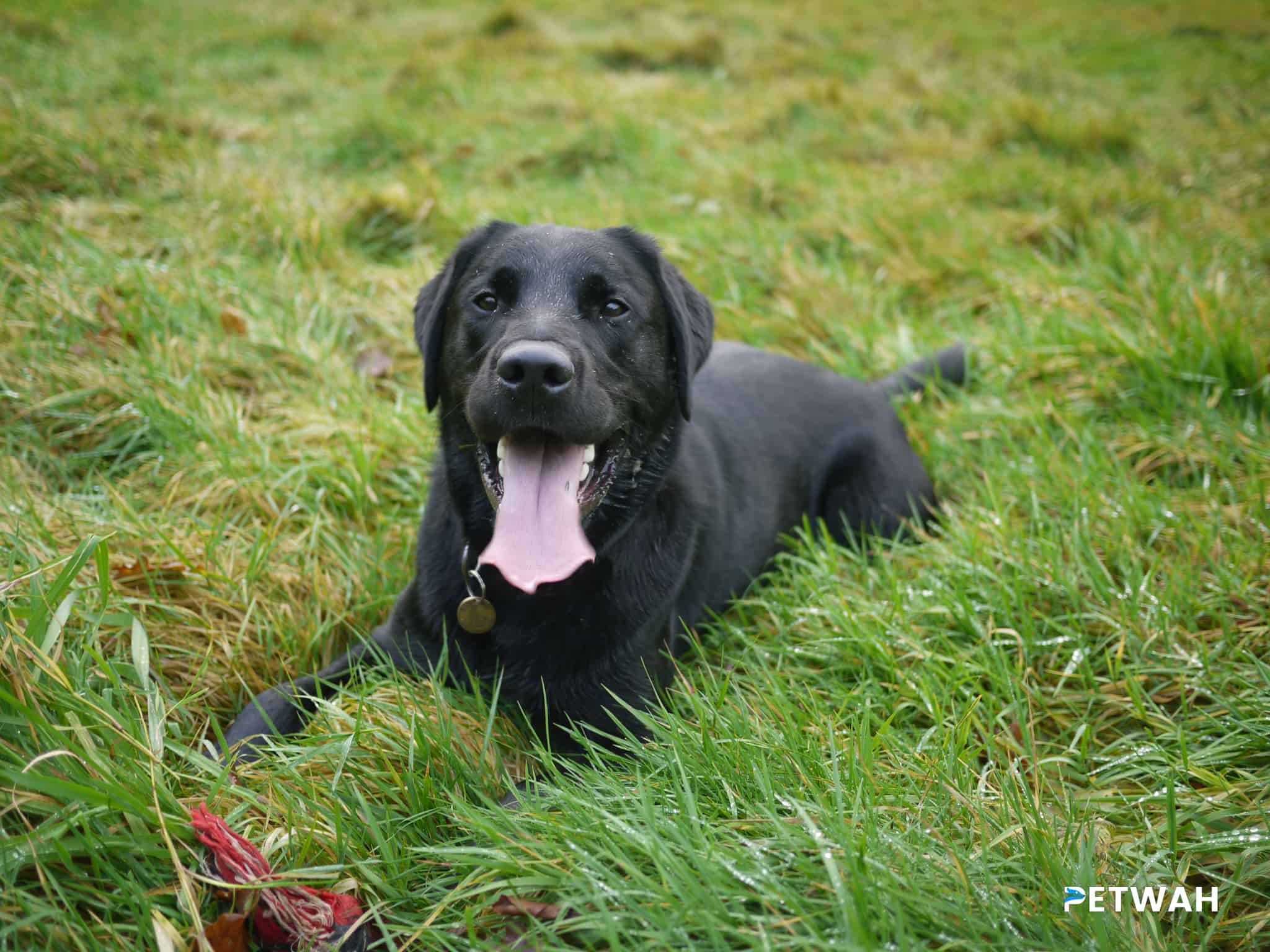As a poodle owner, you know just how adorable and captivating these furry companions can be. From their curly coats to their lively personalities, poodles have an undeniable charm. However, did you know that poodles are also more prone to developing eye conditions such as glaucoma? Just like humans, our fluffy friends can face vision challenges that require our attention and proactive care. In this blog post, we will delve into the risks that poodles face when it comes to eye conditions, particularly glaucoma, and shed light on effective treatment options. So, grab your favorite poodle pal and join us on this journey as we explore how to protect your poodle’s vision, ensuring they can enjoy the world around them to the fullest.
Protecting Your Poodle’s Vision: Exploring the Risks of Glaucoma & Eye Conditions in Poodles and Treatment Options
As a poodle owner, you may have wondered about the risks of glaucoma and other eye conditions in your furry companion. The eyes are not only windows to the soul but also essential for your poodle’s overall health and well-being. In this blog post, we will delve into the topic of eye conditions that poodles are prone to, specifically glaucoma, and explore the available treatment options to help you protect your beloved poodle’s vision.
Understanding Glaucoma in Poodles:
Glaucoma is a serious eye condition characterized by increased pressure within the eye, leading to damage to the optic nerve. This increased pressure can occur due to inadequate fluid drainage or overproduction of fluid within the eye. Poodles, like many other dog breeds, are at a higher risk of developing glaucoma.
There are two main types of glaucoma seen in poodles: primary and secondary. Primary glaucoma is hereditary and is often seen in miniature and toy poodles. On the other hand, secondary glaucoma is usually caused by another underlying eye condition, such as uveitis or a lens luxation.
Identifying Symptoms:
It is essential for poodle owners to be aware of the signs and symptoms of glaucoma and other eye conditions to seek prompt veterinary care. Some common symptoms to watch out for include:
1. Redness and inflammation in the eye
2. Cloudy or hazy appearance of the cornea
3. Excessive tearing or discharge
4. Squinting or holding the eye shut
5. Increased sensitivity to light
6. Changes in behavior, such as increased agitation or reluctance to play
If you notice any of these signs in your poodle, do not delay in seeking veterinary attention.
.jpg)
Diagnosis and Treatment Options:
When you bring your poodle to the veterinarian for a suspected eye condition, they will conduct a thorough examination, including measuring the intraocular pressure using a tonometer. Additionally, they may perform tests such as a gonioscopy to evaluate the drainage angle within the eye or an ultrasound to assess the internal structures.
Treatment options for glaucoma in poodles may vary depending on the severity of the condition and the underlying cause. In some cases, medication in the form of eye drops or oral medications may be prescribed to manage the intraocular pressure. These medications work by either reducing fluid production within the eye or improving fluid drainage.
However, in more advanced cases or if the glaucoma is causing severe pain and vision loss, surgery may be required. Surgical options may include laser therapy to improve fluid drainage or even the removal of the affected eye, known as enucleation. Though it may be difficult to consider, enucleation is often the last resort to alleviate pain and prevent further complications.
Preventive Measures:
While some eye conditions in poodles, such as primary glaucoma, may be hereditary and unavoidable, there are certain preventive measures you can take to protect your poodle’s vision:
1. Regular Veterinary Check-ups: Ensure that your poodle receives routine eye examinations as part of their overall health check-ups. Early detection of eye conditions can significantly improve treatment outcomes.
2. Environment and Diet: Provide a safe environment for your poodle, free from any objects or substances that may cause eye injuries or irritation. Additionally, feeding a balanced diet rich in antioxidants and essential nutrients can support eye health.
3. Genetic Testing: If you are considering getting a poodle as a new family member, ask the breeder for information regarding the genetic health of the parents. Genetic testing can help identify potential risks for inherited eye conditions.
The wellbeing of your poodle’s vision is of utmost importance. By understanding the risks of glaucoma and other eye conditions, staying vigilant for symptoms, seeking timely veterinary care, and considering preventive measures, you can ensure the best possible vision for your poodle. Remember, early detection and appropriate treatment are key to protecting their precious eyesight. So, take the necessary steps today and cherish the beautiful moments you and your poodle will continue to share.
In conclusion, protecting your poodle’s vision is of utmost importance. With their predisposition to glaucoma and other eye conditions, it is crucial to be vigilant and proactive in their eye health. By regularly visiting your veterinarian, monitoring any changes in their eyes, and considering treatment options such as medication or surgical procedures, you can ensure that your poodle’s eyes remain healthy and their vision remains clear. Remember, early detection and intervention are key when it comes to preserving your beloved poodle’s vision. So, take the necessary steps today and give your poodle the gift of a lifetime filled with vibrant and crystal-clear sights.


.jpg)
%20-%20Copy.jpg)
%20-%20Copy.jpg)

%20-%20Copy.png)

%20-%20Copy.jpg)